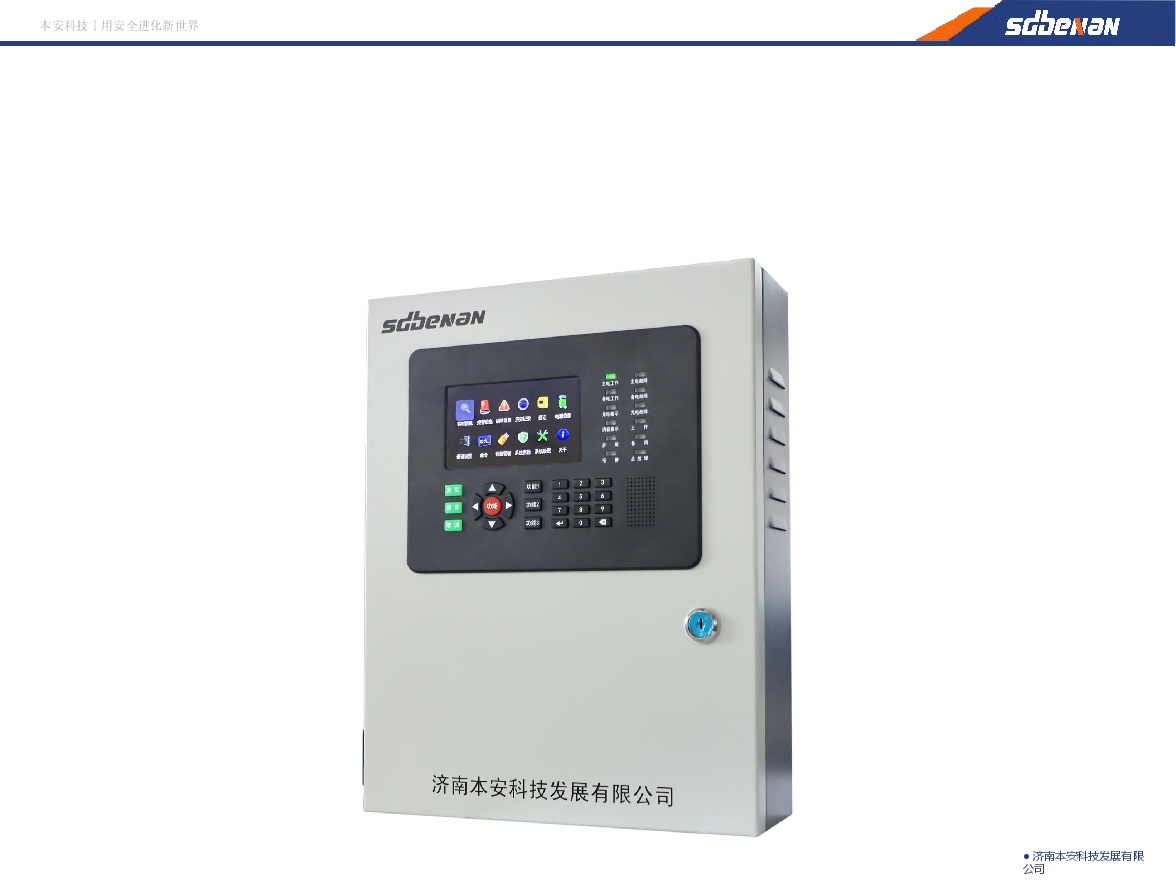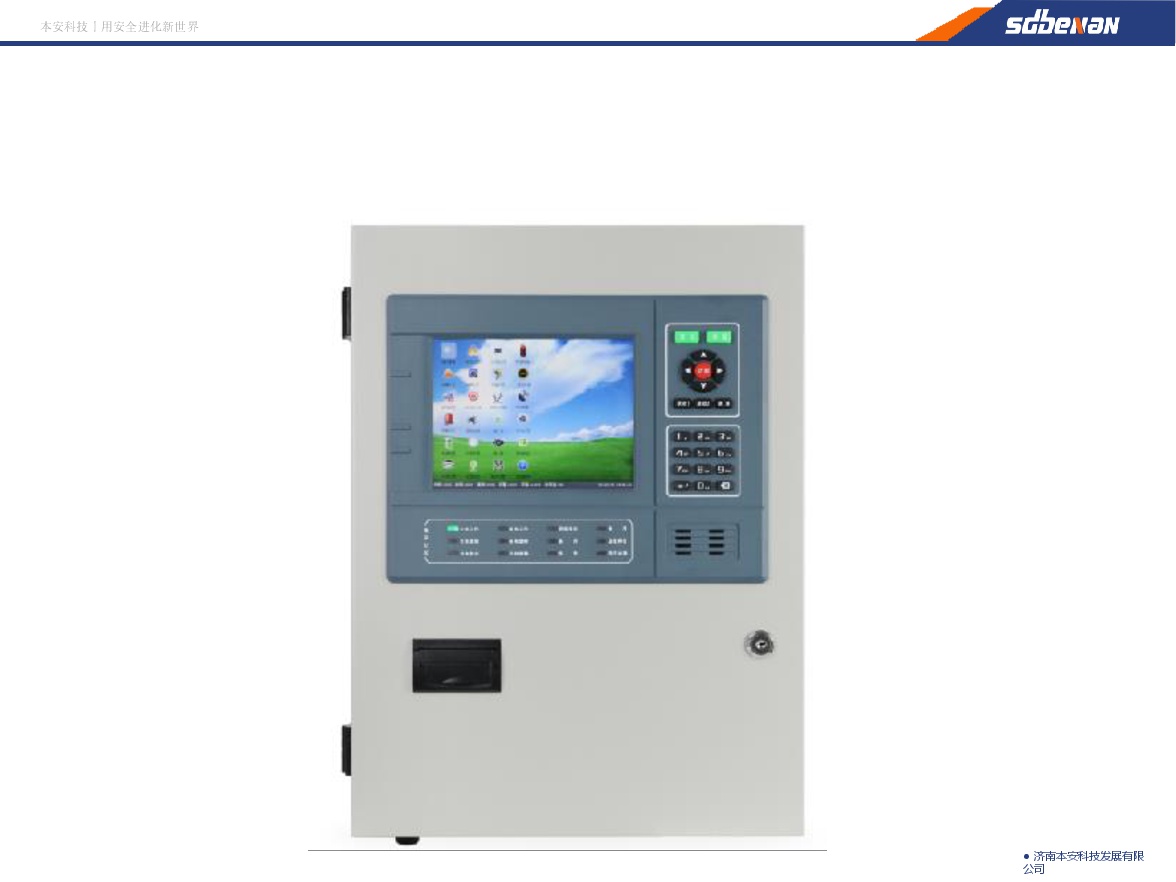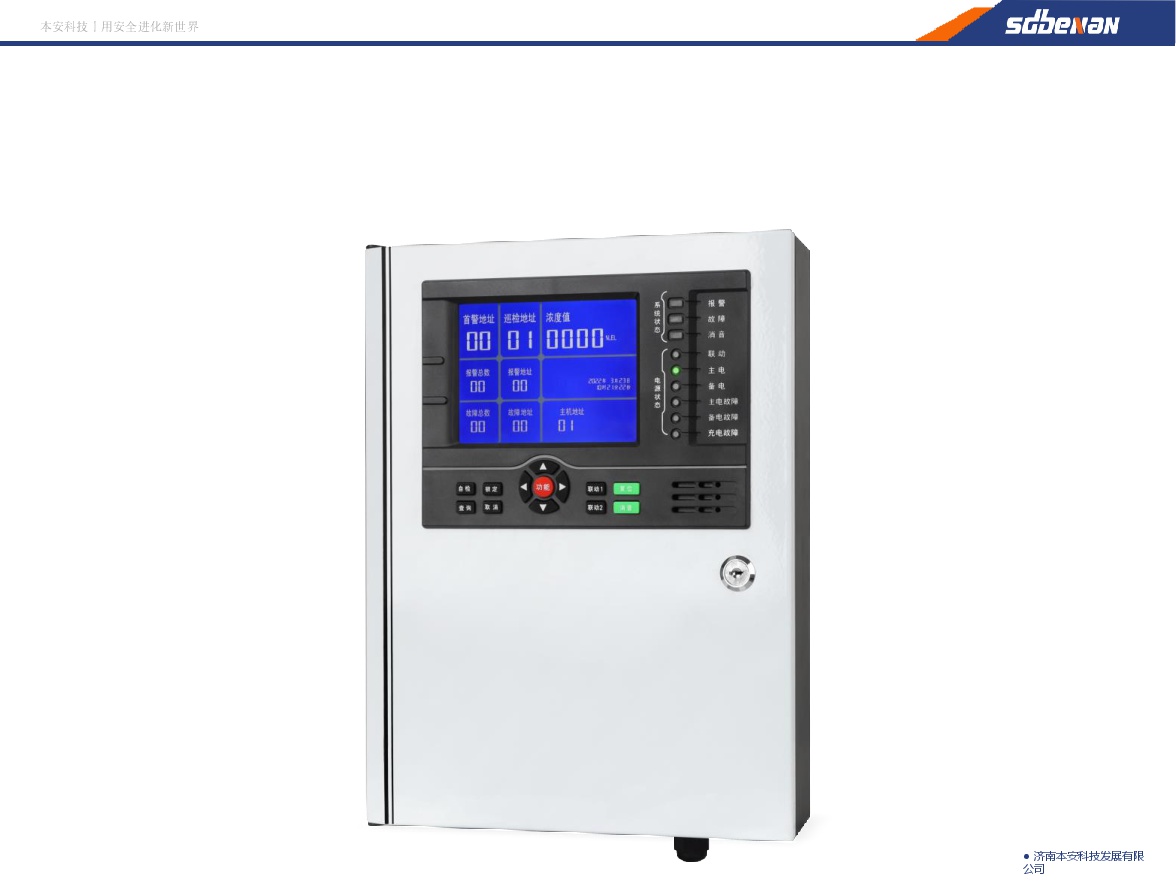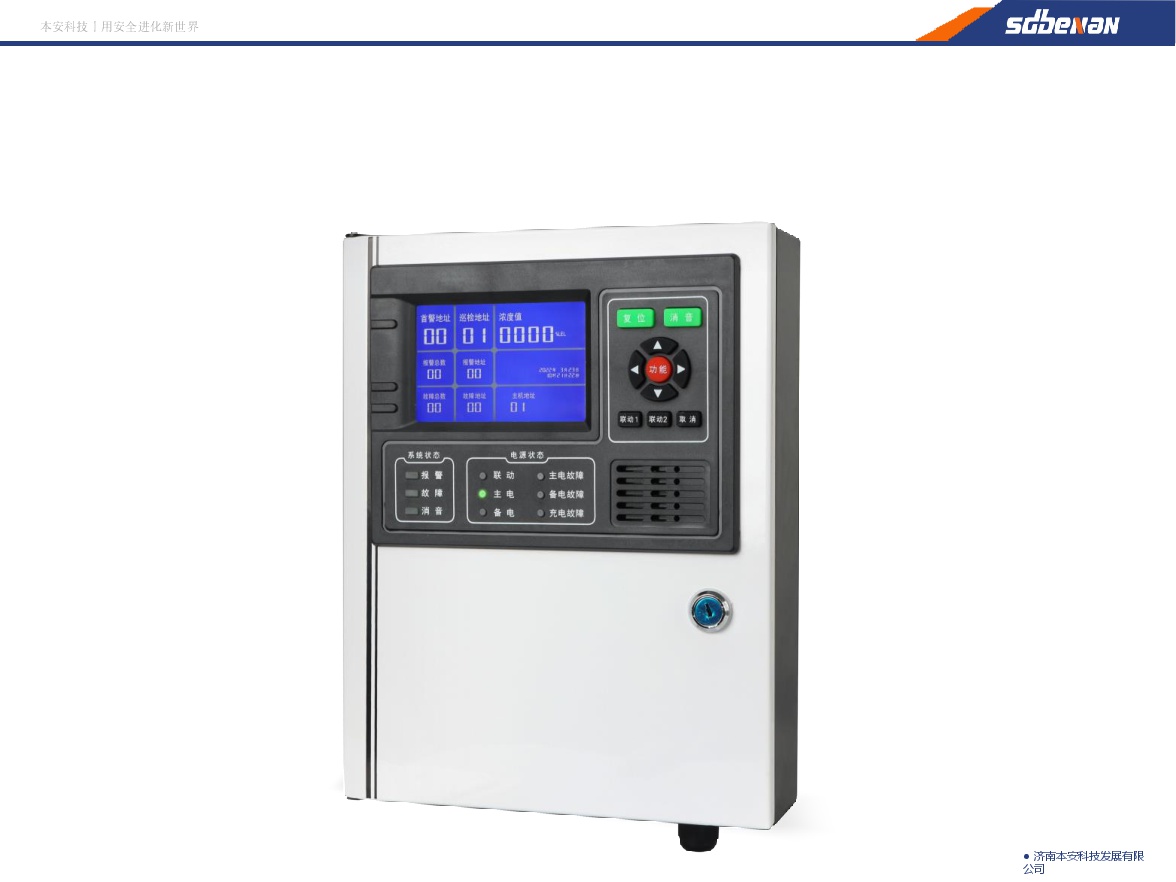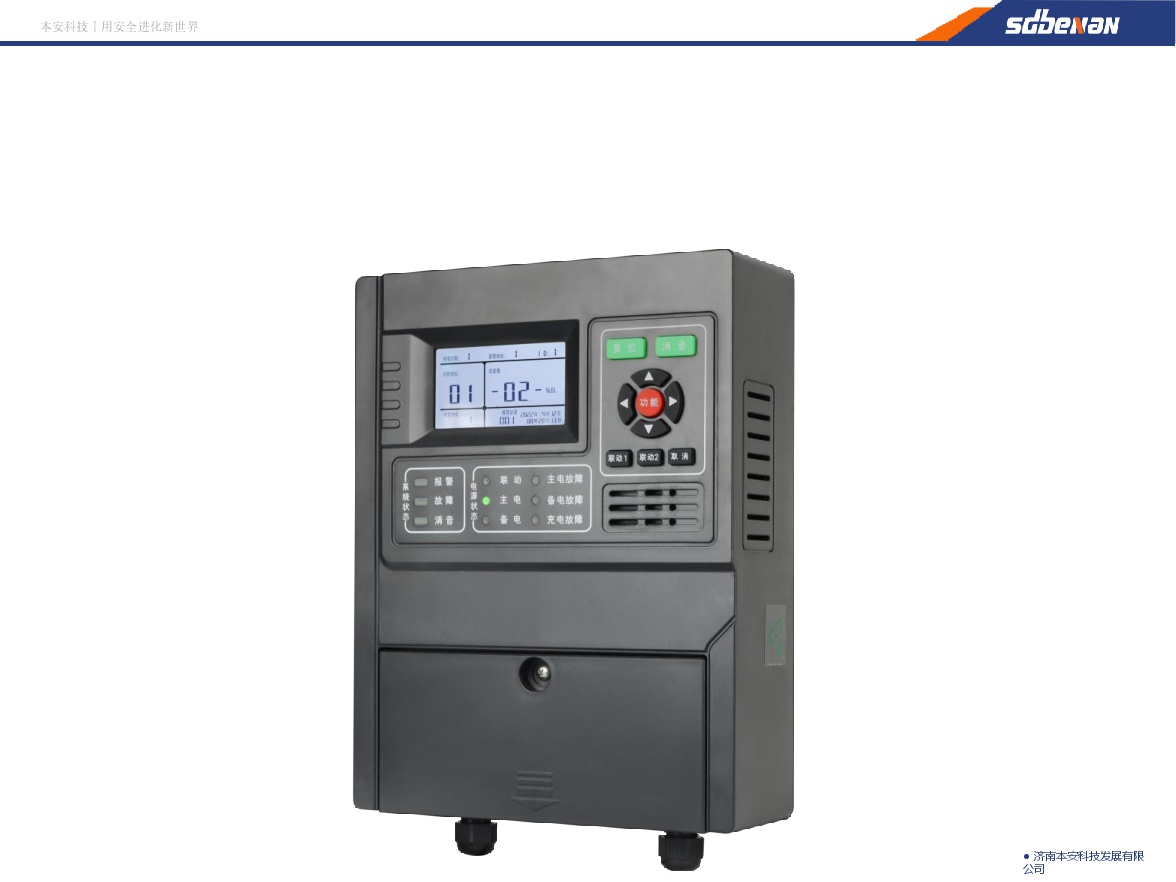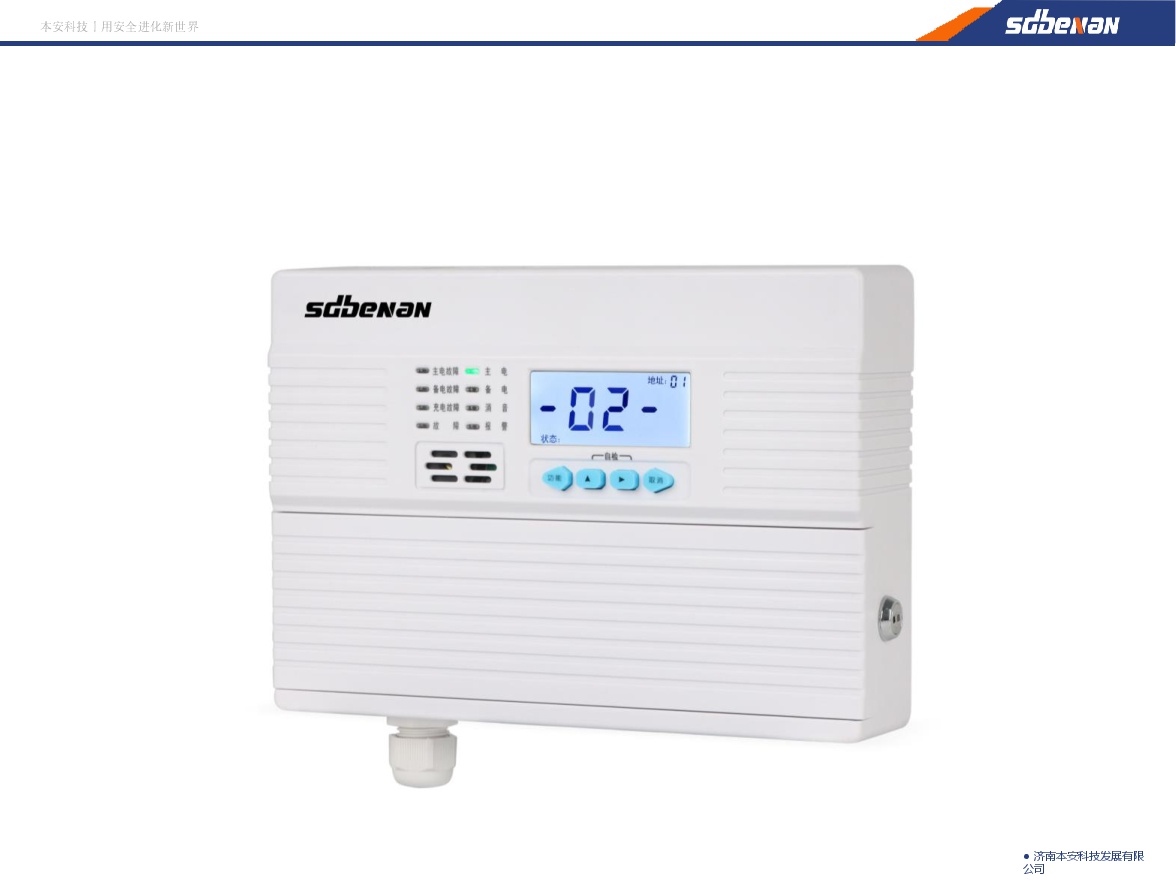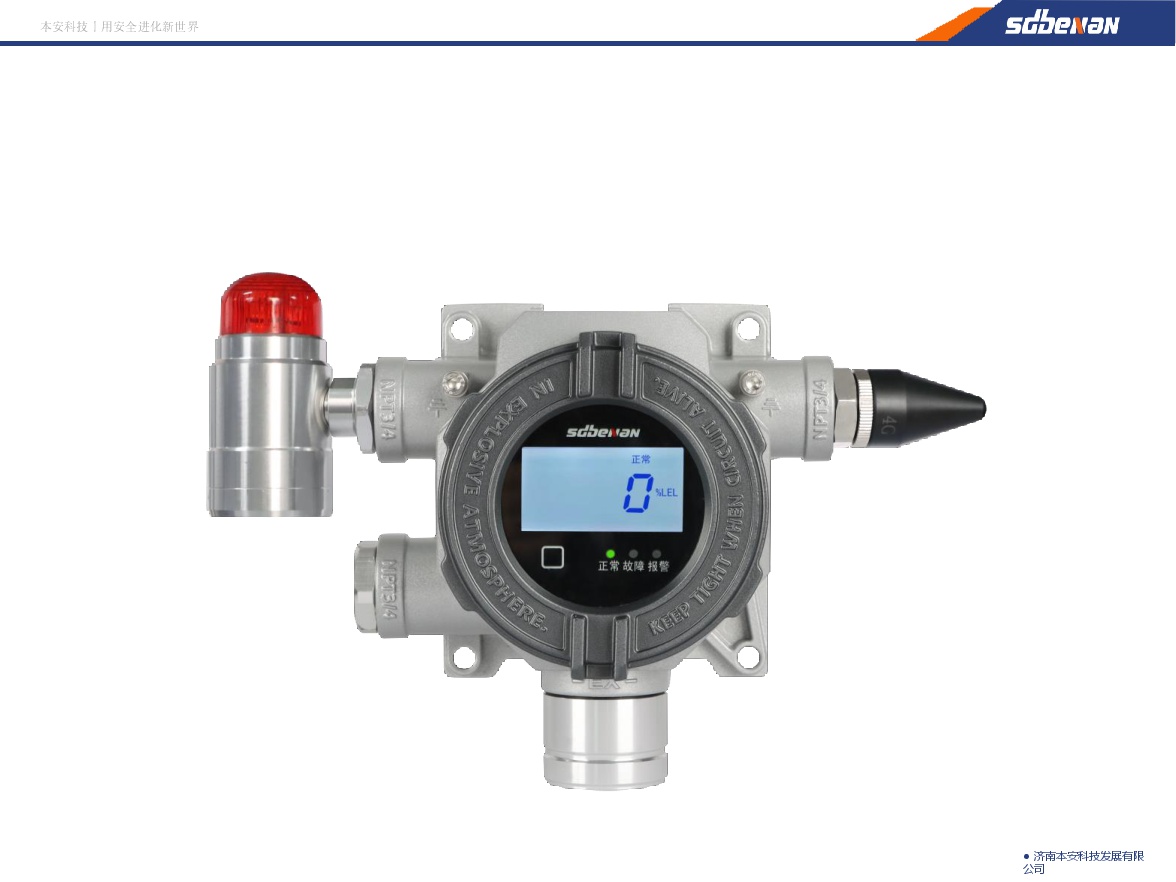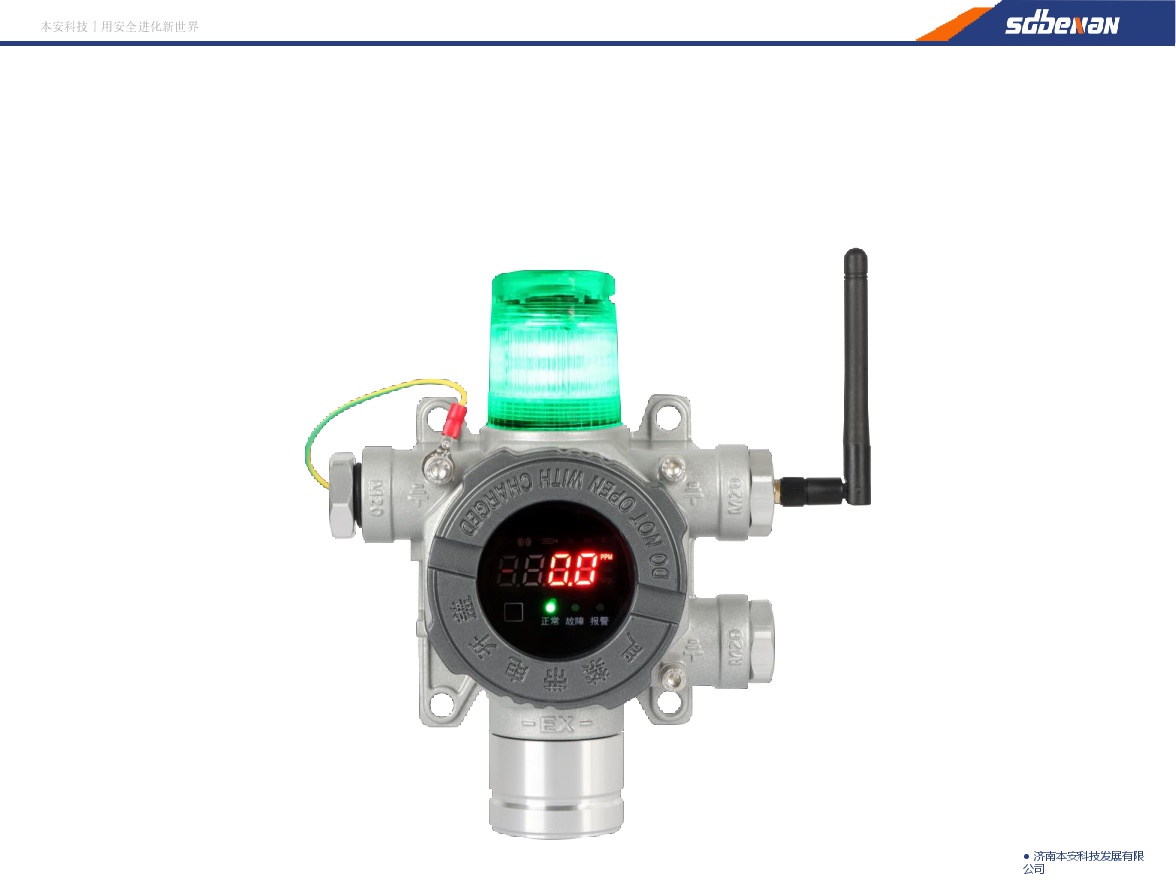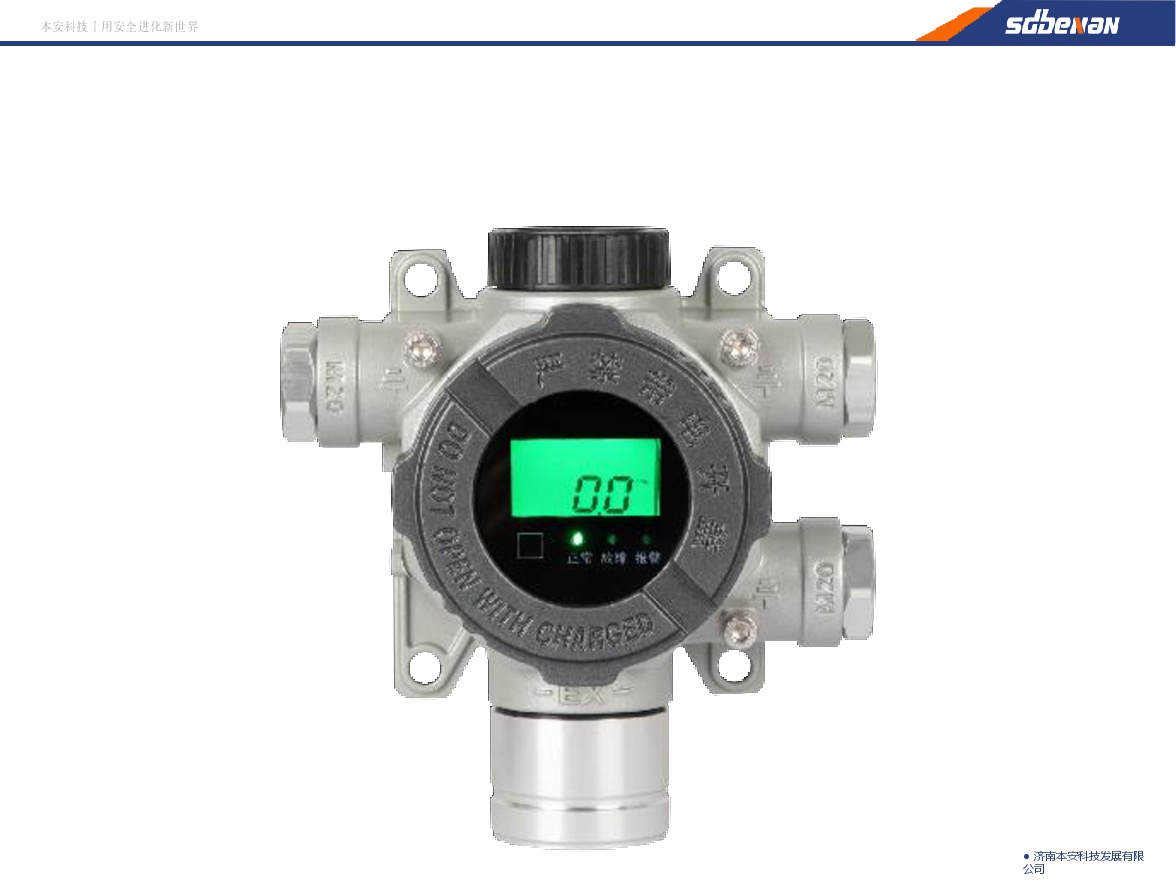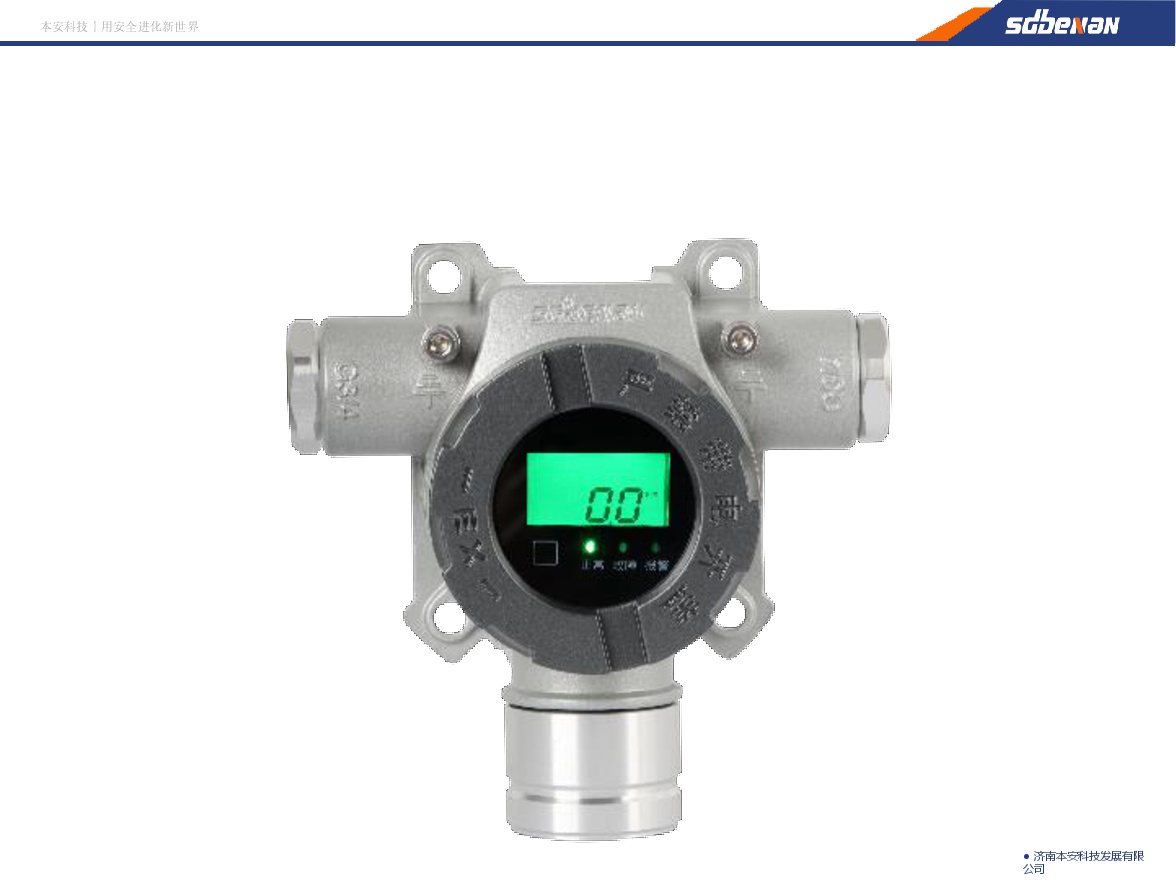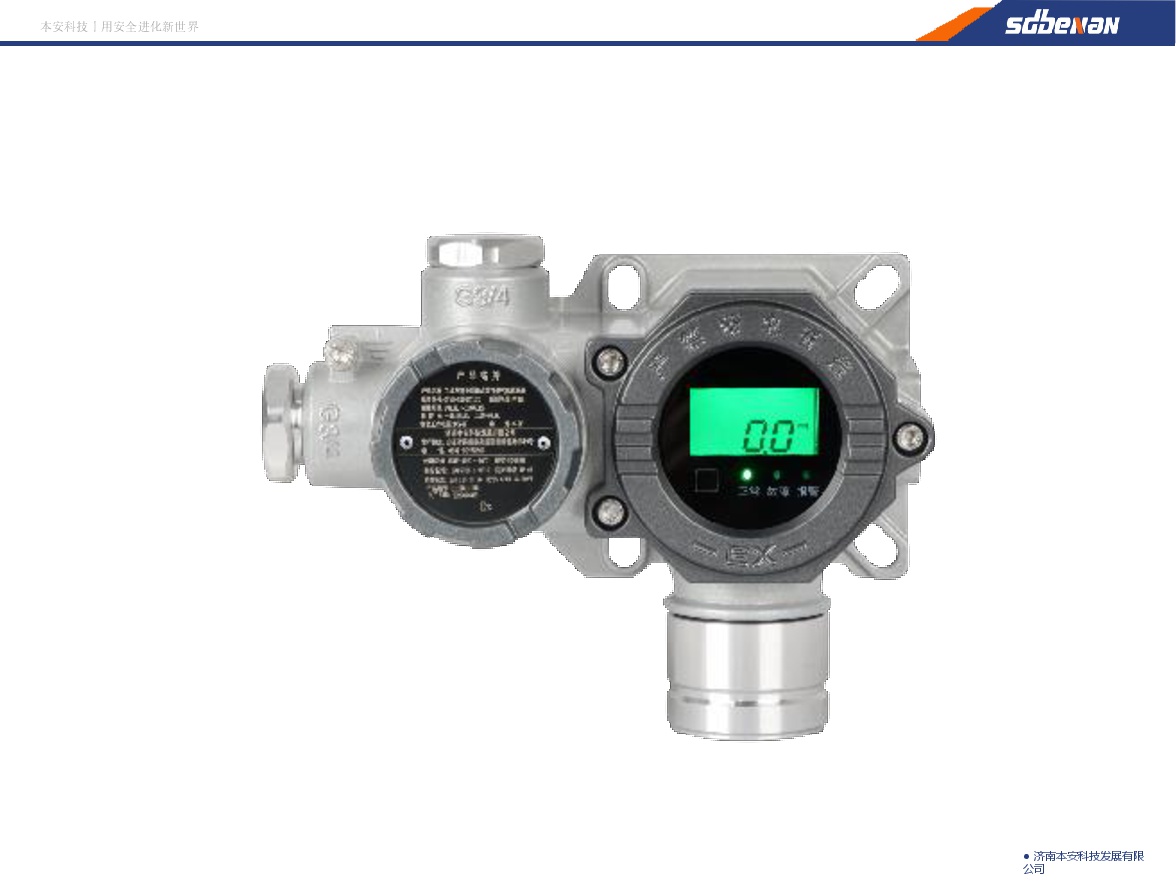Wedoany.com Report-Apr. 14, A research group led by Ecocem, a Dublin-based company specializing in low-carbon cement, has received a €4 million grant from the European Innovation Council (EIC) to explore the use of electric arc furnace (EAF) slag in sustainable cement production. The project aims to adapt this byproduct from steel manufacturing into a viable component for durable, eco-friendly cement.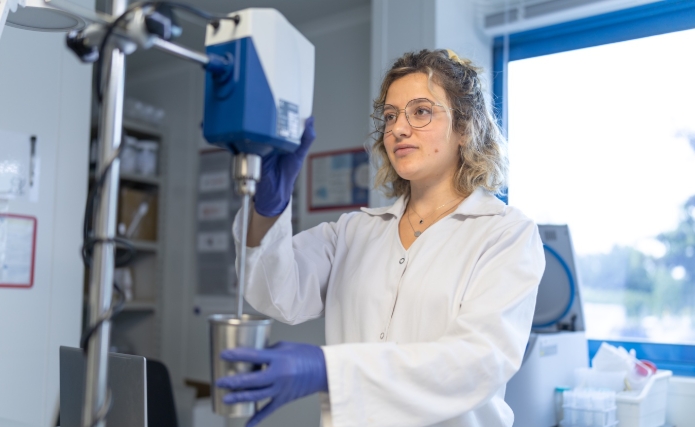
The goal is to make EAF slag work better as a supplementary cementitious material without compromising the cement’s durability
The grant aligns with the steel industry’s transition from traditional blast furnaces to EAFs, which produce a different type of slag. The research focuses on optimizing EAF slag as a supplementary material in cement, ensuring it maintains strength and longevity. This initiative responds to the EIC’s call for proposals to transform cement and concrete into carbon-absorbing materials, supporting broader environmental goals.
Ecocem’s proposal stood out among 401 submissions, securing one of 31 awards in this funding round. Eoin Condren, Ecocem’s Corporate Development Executive Director, said: “For many years, we have been pioneering the use of a range of slags and cementitious materials to create scalable and durable low-carbon cement. This grant will help find a viable solution for a new generation of waste from steel.”
The project, spearheaded by Ecocem scientist Simon Blotevogel, involves collaboration with ArcelorMittal, the University of Toulouse, the FehS Building Materials Institute, CNRS – Géosciences Environnement Toulouse, the Helmholtz-Zentrum Dresden-Rossendorf, and ETH. Over the next four years, the team will conduct experiments, with testing scheduled in Paris alongside ArcelorMittal.
By repurposing EAF slag, the research aims to reduce waste and lower the carbon footprint of cement production. The partnership combines expertise from academia and industry to address technical challenges while advancing sustainable construction materials.
The initiative reflects Ecocem’s ongoing commitment to innovation in low-carbon technologies. The grant enables the consortium to build on existing knowledge, ensuring cement remains a reliable building material while contributing to environmental sustainability. Testing in Paris will provide practical insights, with potential applications for the construction sector worldwide.
This collaborative effort underscores the importance of cross-industry partnerships in tackling environmental challenges. The project’s outcomes could pave the way for broader adoption of low-carbon cement, supporting efforts to make construction more sustainable without compromising quality.
